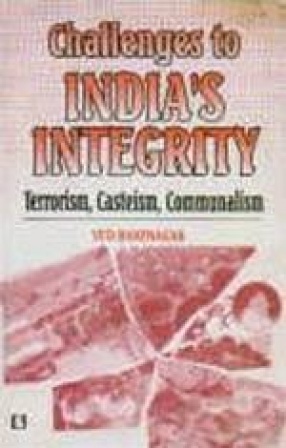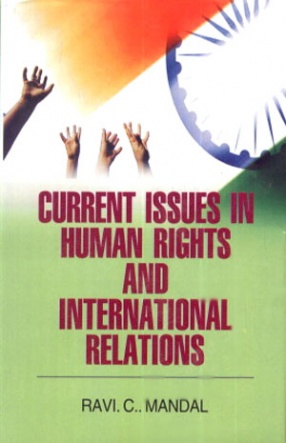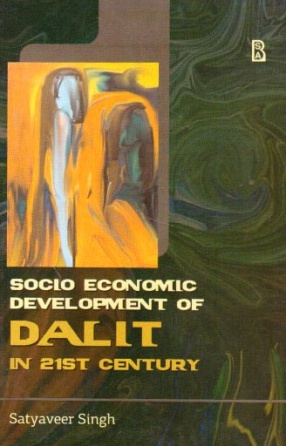The maintenance of law and order has emerged as the prime concern of the security forces in the country, relegating to the background the main duty of the police, that is, the prevention and detection of crime including investigation of serious and heinous cases. A vibrant and dynamic democracy, an highly enlightened political class conscious of its responsibility and the growing aspirations of the people in a free society have thrown up a set of new challenges for the law and order administration. The rise of agriculture, labour, students, service sectors and the mushroom growth of their unions, the problem of poverty in a large segment of society, the scarcity of water and electricity and tension in the rural areas have caused unrest in the vast populace. There has also been a rise in the dark forces of communalism, casteism and terrorism, which pose a threat to the integrity of the country and add new dimensions to the problem of law and order. A considerable increase in agitational activity in various sectors, political dynamism and VIP management has further increased the responsibility of the police. While expressions like ‘breakdown of law and order’ and ‘failure of the authorities’ to control it are very frequently used, no one seems to be clear regarding the concept of law and order. The author, for the first time, tries to explain this concept and its dimensions while forcefully projecting the magnitude of the problem in a free democracy like ours. The author has adopted the well-known principles of research methodology to arrive at conclusions and has given useful suggestions for the maintenance of law and order.
Challenges to India’s Integrity: Terrorism, Casteism, Communalism
This book is in the form of ...
$19.00
$20.00







There are no reviews yet.